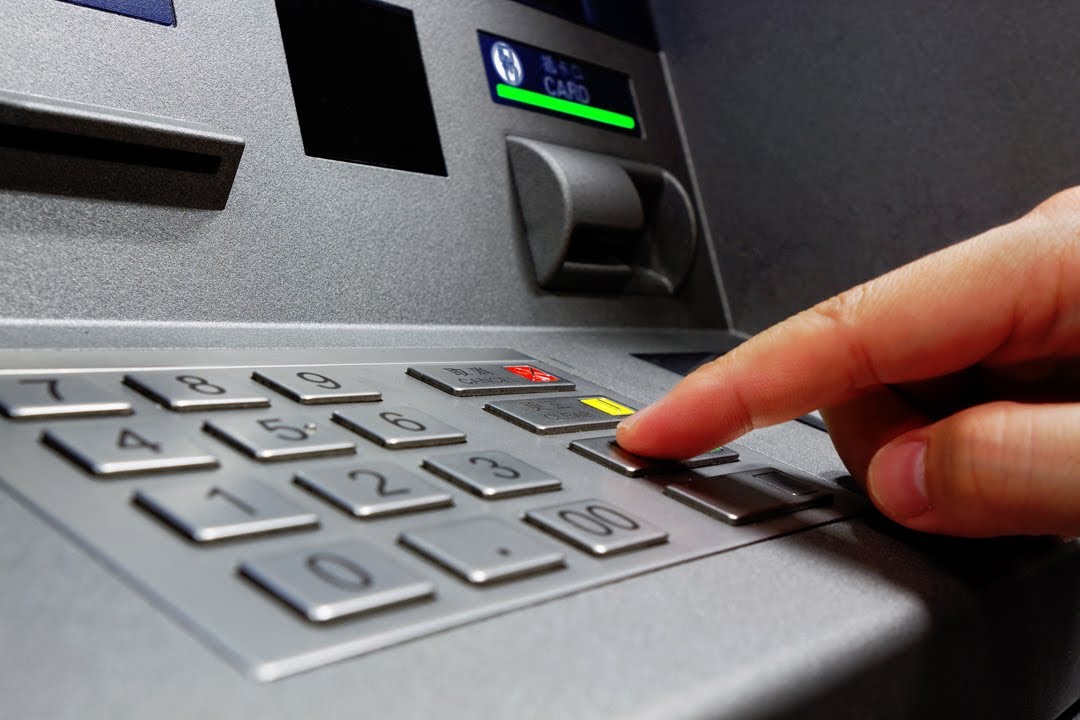Unlock 2.0 : Banks will charge for these services from July 1

Some of the relief measures announced for bank customers earlier will now be slowly rolled back
On March 24, Finance Minister Nirmala Sitharaman had announced the waiver of charges for cash withdrawals from any other banks’ ATM and non-maintenance of minimum balance penalties in savings accounts till June 30. These measures were announced to ease the daily difficulties of people during the COVID-19 pandemic and the nationwide lockdown that followed. As India begins to gradually lift its lockdown, some of the relief measures announced earlier when the pandemic was taking root may now be slowly rolled back. These bank charges get restored from today, July 1.
ATM transaction rules and charges
Typically, banks allow a certain number of ATM transactions free and then start charging. Apart from withdrawing money at the ATM, you can also check your account balance, print a mini account statement, transfer money to another bank account, and so on.
For instance, State Bank of India offers eight free ATM transactions in a month for savings account holders in metro cities. This includes five transactions from SBI ATMs and three transactions from any other bank’s ATM. Similarly, for non-metros, ten free ATM transactions are allowed for customers; this includes five from SBI ATMs and five transactions from any other bank ATMs. After exhausting the free ATM usage limit, a bank may charge Rs 20 plus goods and services tax (GST) for cash transactions. For non-cash transactions, Rs 8 plus GST will be charged. These charges will be in force, effective July 1.
Charges for non-maintenance of minimum balance
Penal charges for not maintaining a minimum balances in your savings bank account were waived off till June 30.
In normal times, banks require their savings account customers to have a minimum balance in a month or a quarter. For non-maintenance of minimum balance in the account, banks levy fines from customers. The penalty charges vary from bank to bank, based on the degree of shortfall.
For instance, in HDFC bank, the minimum balance you need to maintain in your account is Rs 10,000 in metro and urban branches; it is Rs 5,000 for semi-urban and rural branches. The penalty charges are calculated based on the extent of the shortfall.
If the average minimum balance is between Rs 7500 and Rs 10000, the bank will charge Rs 150 plus taxes. Similarly, if the average minimum balance is between Rs 5000 and Rs 7500, the bank will levy a penalty of Rs 300 plus taxes; maintaining a balance of between Rs 2500 and Rs 4999, you will have to pay a penalty of Rs 450 plus taxes. If the balance is less than Rs 2500, Rs 600 plus taxes will be levied.
How can you avoid penalties?
Many salaried people hold multiple bank accounts as they change jobs or shift to new cities. In such cases, some banks convert these zero balance salary accounts into regular savings accounts after a couple of months, as there are no salary credits. So, you are expected to maintain a minimum average balance in those non-salary savings accounts. It is better to close any dormant accounts by approaching the bank through email or by calling the customer service.
Make use of your internet banking facilities in these pandemic times. Visit the bank branch or ATM only if you must.




